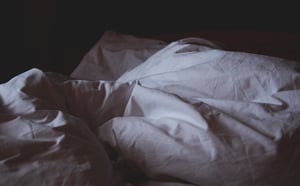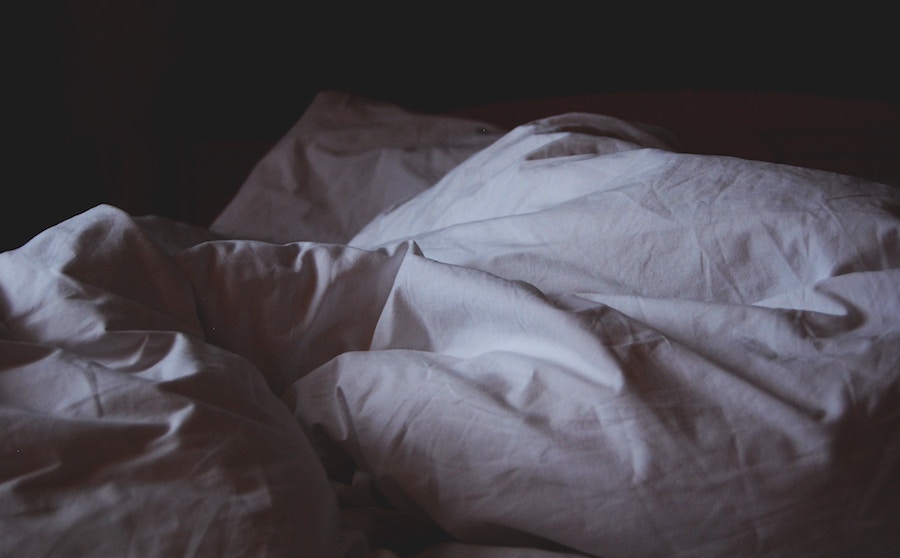
Sleep is essential for human survival. A proper night's sleep not only helps us look and feel our best, but it also staves off or prevents such conditions as cognitive problems, depression, weight gain caused by a slow metabolism, and even heart disease and diabetes.
Related Blog: Best Sleep Positions for Restful Sleep
Preparing for a Restorative Sleep:
Many of us have hectic and busy schedules and go to bed stressed out from the challenges and responsibilities of the day. However, there are healthy ways to ensure a good night's sleep:
• Exercise and daily physical activity: You don't need to spend hours at a gym, but get your body moving and your heart beating during the day. You will want to avoid late-night workouts, Try to schedule cardio workouts at least three hours before bedtime.
If you feel like moving or stretching right before bed, yoga represents an excellent choice. Yoga routines created specifically for relaxation or bedtime may help you sleep better and reduce aches and pains in the morning.
• Watch your naps: Naps are glorious, but avoid taking them too late in the day. Of course, exhaustion during the day most likely means you are sleep deprived. A half an hour cat nap probably won't affect you at bedtime, but avoid those two and three hour REM midday naps if you intend to go to bed at your usual time.
• Avoid late day caffeine: Unless you know it's a late night, try to limit your coffee drinking to the morning hours. And remember, caffeine has other sources besides coffee. Say no to that late night cola, and if you're a tea drinker opt for herbal instead of green tea.
• Avoid late night alcohol: It may seem like that 11 p.m. glass of wine is a good idea, but it sometimes causes late-night awakenings. Many people use alcohol as a sleep aid and it may help you get to sleep faster, but because alcohol interferes with our circadian rhythms, it reduces our high quality or REM sleep. Poor quality sleep means more late-night trips to the bathroom and potentially more significant sleep disorders like sleepwalking and sleep eating.
Bedtime alcohol also disrupts the production of melatonin, contributes to leaky gut and poor liver metabolism. Ideally, you don't want to consume alcohol two hours before bedtime, but if you can have your last beer three hours before you hit the hay, that's even better.
Develop a bedtime routine:
We teach our kids about bedtime by developing a routine. Adults are no different in their need for routine. Here are some great habits to form to prepare for a healthy night of sleep.
• Herbal teas: Ingredients such as chamomile, lavender, and valerian root are better for you than habit-forming sleep aids.
• Medications: Melatonin may be helpful. And, if you are experiencing pain or ill medication with Ibuprofen and a decongestant sometimes becomes necessary, but again, take care not to develop a habit with these sleep aids.
• Reading: A book right before bed is better for you than television. If you are using an Electronic reader, make sure you turn on the option or app to diffuse the blue light for a more soothing effect.
• Taking a bath: Add some Epsom salts and calming essential oils for a more relaxing way to prepare for bed.
• Sleep apps: They sometimes get mixed reviews, but many people swear by them with claims of better sleep and the reductions of sleep aids. Like anything, some insomnia apps are better than others. Here are some that come highly recommended.
Of course, a comfortable mattress, pillow, and bedding make all the difference in your sleep. An investment in a high-quality mattress and breathable bedding will be one you will not regret.




